What are the Power and Duties of Subedar Major SM Sahab?
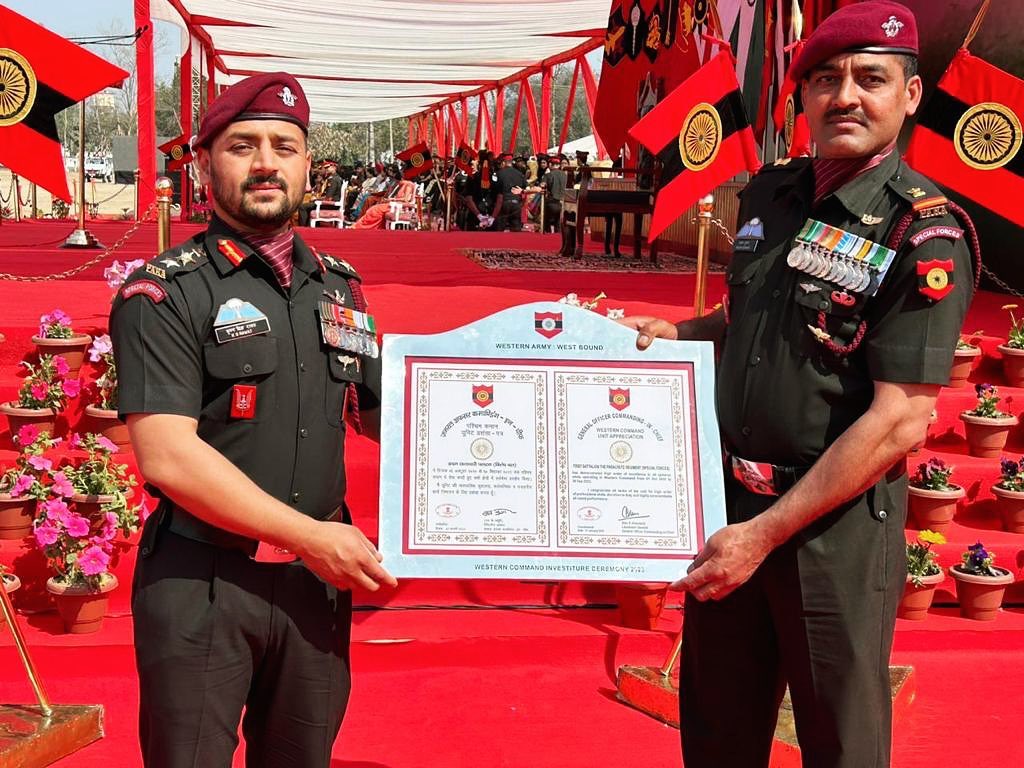
The Indian Army, one of the largest and most disciplined military forces in the world, operates with a well-defined rank structure that ensures operational efficiency, discipline, and leadership. Among its ranks, the Subedar Major (SM), respectfully addressed as SM Sahab, holds a prestigious position as the senior-most Junior Commissioned Officer (JCO) rank. Equivalent to a Group-B gazetted officer, the Subedar Major serves as a vital link between commissioned officers and enlisted personnel, embodying experience, wisdom, and leadership. This article explores the powers, duties, and responsibilities of a Subedar Major in the Indian Army, highlighting their pivotal role in maintaining the force’s operational readiness and morale.
Introduction to the Subedar Major Rank
The Subedar Major is the highest Junior Commissioned Officer rank in the Indian Army, a position rooted in the traditions of the British Indian Army, where it was known as a Viceroy's Commissioned Officer (VCO) rank. After India’s independence in 1947, the rank was retained and adapted, with Subedar Majors now holding a warrant of commission, signifying their authority and responsibility. In infantry units, the rank is termed Subedar Major, while in cavalry and armored regiments, it is known as Risaldar Major. The rank’s insignia features the Golden National Emblem with a red-gold-red stripe, distinguishing it from commissioned officer ranks.

Subedar Majors are seasoned veterans, typically with over 28–34 years of service, who have risen through the ranks based on merit, experience, and leadership. They are often honored with titles such as Honorary Lieutenant or Honorary Captain in recognition of exceptional service. As the chief advisor to the Commanding Officer (CO) and a mentor to junior ranks, the Subedar Major plays a critical role in unit administration, discipline, and operational effectiveness.
Powers of a Subedar Major
While Subedar Majors are junior to commissioned officers, such as Lieutenants, their extensive experience grants them significant influence and authority within their units. Their powers are derived from their rank, seniority, and the trust placed in them by the Army’s command structure. The key powers of a Subedar Major include:
- Disciplinary Authority: Subedar Majors have the authority to enforce discipline among enlisted personnel and junior JCOs within their unit. They can address minor infractions, issue warnings, and recommend disciplinary actions to the Commanding Officer for more serious matters. Their role in maintaining order is critical to unit cohesion.
- Advisory Influence: As the chief advisor to the Commanding Officer, Subedar Majors provide critical insights on matters concerning unit administration, security, and troop morale. Their recommendations carry significant weight due to their deep understanding of the unit’s dynamics and personnel.
- Command in Absence: In the absence of higher-ranking officers, a Subedar Major may assume temporary command of the unit, ensuring operational continuity and readiness. This includes making tactical decisions and maintaining unit cohesion during critical situations.
- Welfare Advocacy: Subedar Majors have the power to advocate for the welfare of soldiers, addressing grievances and ensuring their needs are communicated to the unit’s leadership. This role empowers them to influence decisions that impact the well-being of troops.
- Ceremonial Leadership: Subedar Majors lead and oversee ceremonial and protocol events, such as parades and guards of honor, ensuring they are conducted with precision and adherence to military traditions.
Duties of a Subedar Major
The duties of a Subedar Major are multifaceted, encompassing leadership, administration, mentorship, and operational responsibilities. They serve as the backbone of their unit, ensuring that the Commanding Officer’s directives are implemented effectively while fostering a culture of discipline and professionalism. Below is a detailed breakdown of their duties:
1. Leadership and Discipline
Subedar Majors are responsible for maintaining discipline, order, and morale within their unit, which may be a battalion, regiment, or headquarters with troops under their command. Their leadership duties include:
- Upholding Discipline: SMs enforce military standards and regulations, addressing minor breaches of conduct and reporting significant issues to the Commanding Officer. Their presence ensures a disciplined environment.
- Role Model and Mentor: As seasoned veterans, Subedar Majors serve as role models for junior JCOs, Non-Commissioned Officers (NCOs), and Other Ranks (ORs). They mentor young soldiers and officers, instilling values of duty, honor, and professionalism.
- Morale Enhancement: SMs foster a positive environment by addressing troop concerns, organizing morale-boosting activities, and ensuring a sense of camaraderie within the unit.

2. Advisory Role to the Commanding Officer
The Subedar Major is the Commanding Officer’s chief advisor on matters affecting enlisted personnel and unit operations. Their duties include:
- Reporting Incidents: SMs report any incidents that impact unit administration, security, or morale, ensuring the CO is well-informed to make strategic decisions.
- Providing Insights: Leveraging their extensive experience, SMs offer guidance on personnel management, operational planning, and unit readiness. Their input is crucial in shaping policies and decisions.
- Liaison Between Ranks: Acting as a bridge between commissioned officers and enlisted personnel, SMs facilitate communication, ensuring that orders are understood and executed effectively while relaying soldiers’ concerns to the leadership.
3. Administrative Responsibilities
Subedar Majors play a significant role in the administrative functioning of their units. Their duties include:
- Personnel Management: SMs oversee personnel administration, including promotions, postings, leave approvals, and welfare initiatives. They ensure accurate record-keeping and compliance with Army regulations.
- Financial Stewardship: In many units, the Subedar Major acts as the unit cashier, handling cash transactions and ensuring financial accountability for unit-level expenses.
- Unit Administration: SMs assist the CO in managing daily operations, including logistics, equipment maintenance, and coordination with other corps or services attached to the unit.
4. Training and Development
Subedar Majors are instrumental in the training and professional development of soldiers. Their responsibilities include:
- Organizing Training Programs: SMs assist in designing and implementing training drills to enhance soldiers’ skills, ensuring they are prepared for operational missions.
- Maintaining Standards: They ensure that training programs meet the Army’s high standards, focusing on physical fitness, combat readiness, and technical proficiency.
- Mentoring Young Officers: SMs guide newly commissioned officers, helping them navigate their roles and responsibilities within the unit.
5. Welfare and Well-Being
The welfare of soldiers is a priority for Subedar Majors, who are tasked with:
- Addressing Grievances: SMs listen to soldiers’ concerns, such as issues related to pay, leave, or working conditions, and work to resolve them through dialogue or escalation to the CO.
- Ensuring Well-Being: They monitor the physical and mental health of troops, ensuring access to medical facilities, counseling, and other support systems.
- Fostering Unit Cohesion: By promoting a positive and inclusive environment, SMs enhance unit morale and strengthen bonds among soldiers.
6. Custodian of Traditions
Subedar Majors are guardians of their unit’s traditions, ethos, and customs. Their duties include:
- Upholding Regimental Customs: SMs ensure that unit traditions, such as regimental ceremonies, festivals, and rituals, are preserved and conducted with respect.
- Maintaining Religious Places: They oversee the upkeep of religious spaces within the battalion, ensuring they are maintained in accordance with cultural and religious practices.
- Ceremonial Duties: SMs lead parades, guards of honor, and other ceremonial events, ensuring they reflect the Army’s pride and professionalism.
7. Operational Readiness
In operational contexts, Subedar Majors contribute to mission success by:
- Ensuring Preparedness: They oversee the readiness of troops, equipment, and logistics, ensuring the unit is combat-ready at all times.
- Supporting Tactical Decisions: In the absence of officers, SMs may make tactical decisions to maintain operational continuity, particularly in high-pressure situations.
- Security Oversight: SMs are responsible for the security of troops, civilians, and personnel from other corps or services attached to the unit, as well as those on outstation assignments.
Clarification on Rank Status
There has been some debate regarding the classification of Subedar Majors as Junior Commissioned Officers (JCOs) versus Non-Commissioned Officers (NCOs). As per the Army Rules and Gazette of India, Subedar Majors, along with Subedars and Naib Subedars, are classified as Junior Commissioned Officers, not NCOs. JCOs hold a commission and are equivalent to Group-B gazetted officers, distinguishing them from NCOs like Havildars or Naiks. This status grants them additional privileges, such as access to the JCO mess, well-furnished family quarters, and AC II-tier travel on railways.
Professional Expectations and Skills
To fulfill their powers and duties, Subedar Majors must possess a range of skills and qualities, including:
- Leadership: The ability to inspire and guide soldiers and junior officers, fostering discipline and unity.
- Experience: Decades of service provide SMs with unparalleled knowledge of military operations and personnel management.
- Communication: Effective communication skills are essential for liaising between officers and troops and mentoring subordinates.
- Integrity: SMs uphold the Army’s ethos, serving as role models for ethical conduct and professionalism.
- Adaptability: The dynamic nature of military operations requires SMs to adapt to changing circumstances and challenges.
Career Progression and Recognition
Subedar Majors represent the pinnacle of the JCO cadre, achieved through merit-based promotions after extensive service. Key aspects of their career progression include:
- Promotion Path: Soldiers typically start as Sepoys and progress through ranks like Naik, Havildar, and Naib Subedar before reaching Subedar and, ultimately, Subedar Major. Promotions are based on performance, seniority, and passing required examinations.
- Honorary Ranks: Exceptional Subedar Majors may be granted honorary ranks like Honorary Lieutenant or Honorary Captain, recognizing their distinguished service.
- Retirement: Subedar Majors retire after 34 years of service or at age 54, whichever comes sooner.
- Innovative Roles: Recent developments, such as the appointment of Subedar Major Ojit Singh as the inaugural Command Subedar Major of the Northern Command in 2025, highlight the evolving role of SMs in providing strategic input at higher command levels.
Conclusion
The Subedar Major, or SM Sahab, is a cornerstone of the Indian Army’s operational and administrative framework. With their extensive experience, leadership, and mentorship, Subedar Majors ensure the seamless execution of the Commanding Officer’s directives while fostering discipline, morale, and unit cohesion. Their powers, though subordinate to commissioned officers, are significant within their domain, enabling them to enforce discipline, advise on critical matters, and lead ceremonial events. Their duties span leadership, administration, welfare, training, and tradition-keeping, making them indispensable to the Army’s success.
As exemplified by figures like Subedar Major Ojit Singh, the role of the Subedar Major continues to evolve, with new responsibilities at higher command levels reflecting their growing importance. By embodying the Army’s values of duty, honor, and sacrifice, Subedar Majors not only uphold the traditions of the Indian Army but also shape its future, ensuring it remains a formidable force dedicated to the nation’s defense.





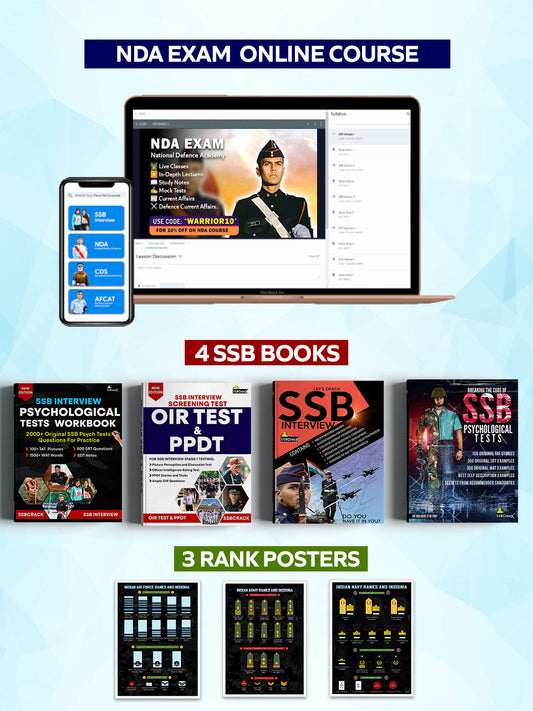





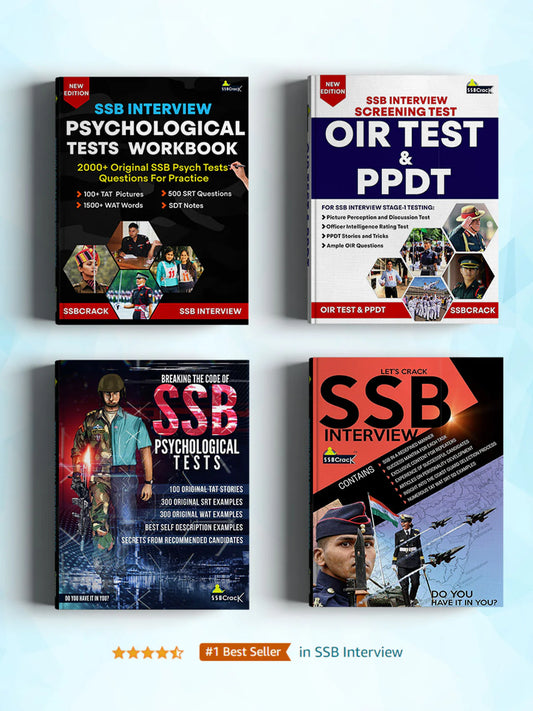
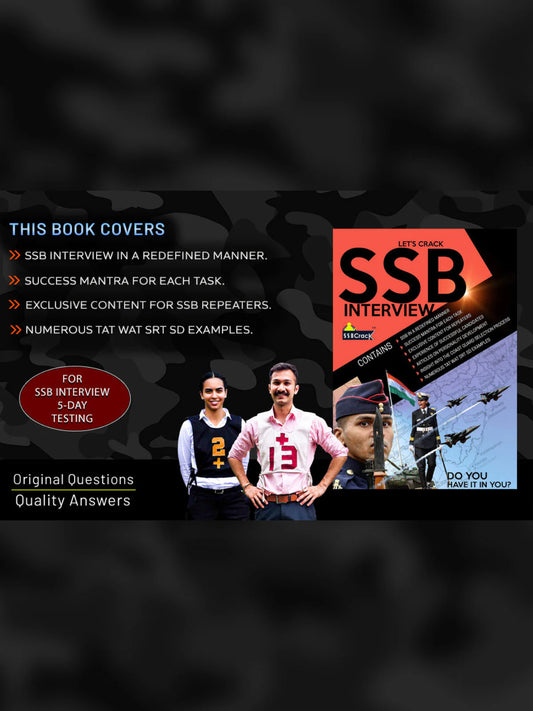
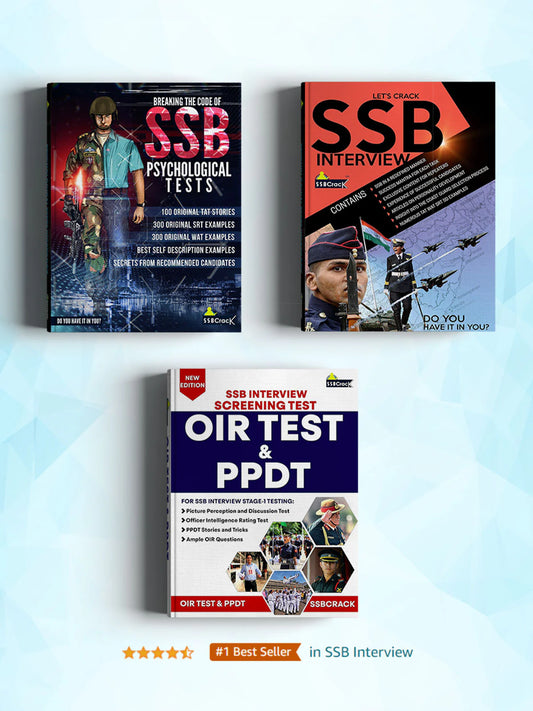
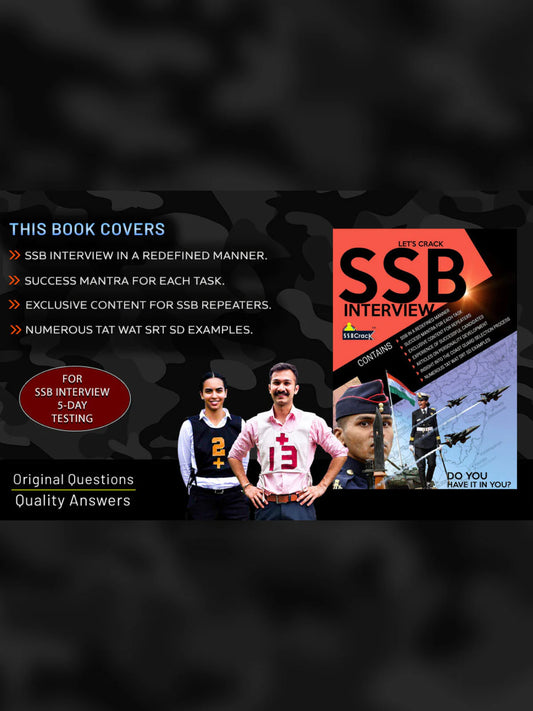
![Let's Crack SSB Interview Book [Paperback]](http://shop.ssbcrack.com/cdn/shop/files/ssb-books.webp?v=1736351621&width=533)
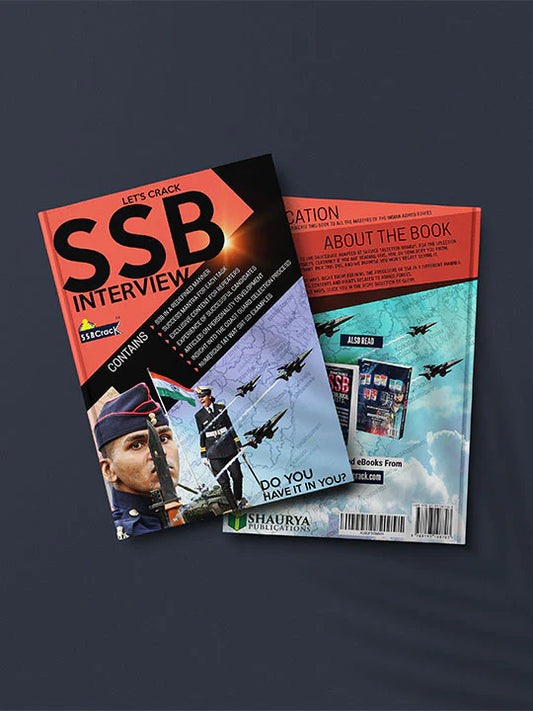
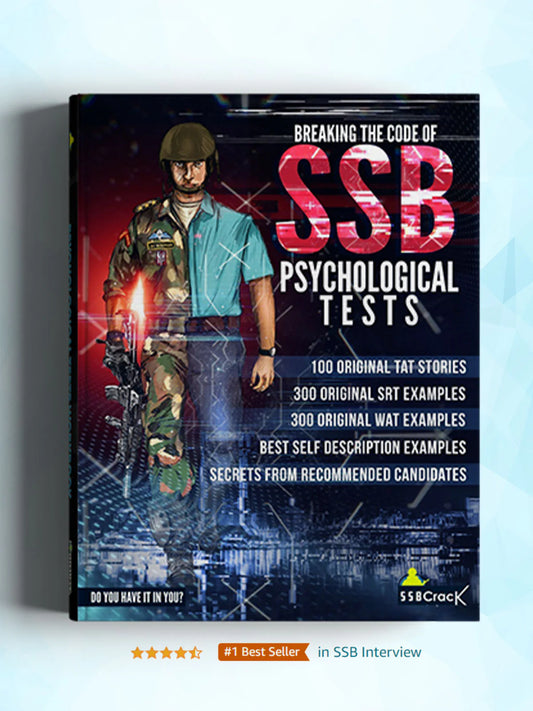
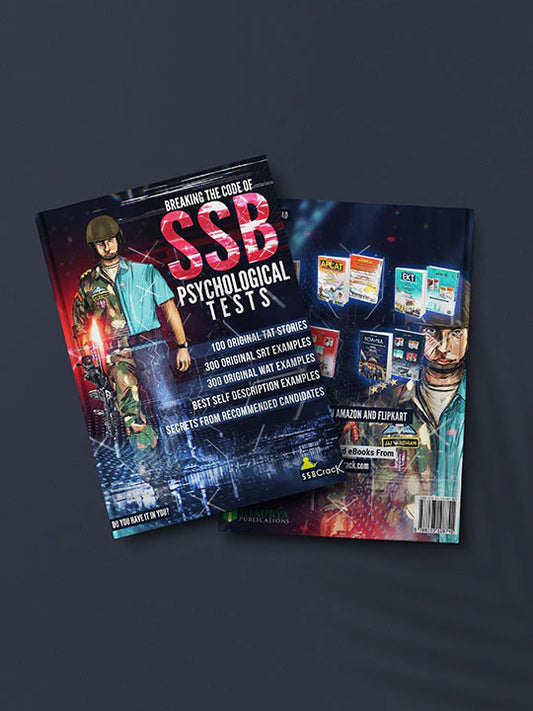

18 comments
sir unit ke jo sm sahab har kam karate hai koi bhi kama hota hai officer ho ya jawan ke har kam bolte ki sm sahab ko batado ho jayega din bhar tension leke ek sub maj kam karate hai lekin jab pension au payment mein koi pharak nahi hai only 4 Year tension ilta hai isi pay commission mein sm rank keliye kuch kar sakte hai to achha rahega pension ke baad koi bhi option nahi hai sm keliye abhi NCC keliye post nikla ek subedar hony leke posting hua but ek sm ko nahi mila ye kya rule hai.sm.only ek tension ka duty no any benefit . thanks jai hind
Mostly SM don’t perform their duties as they never pay attention towards jawan, officer helps the jawan as compared to SM.
It is observed that some SM don’t maintain their duty, due to uneducated.
2. Hon rank is depends on VCOAS/COAS who can shift the vacc to their dear one unit. As it happened in Jan 2009.
Promotion and service of sub maj rank is totally different from other ranks of the Army. There is restriction of four years of service in sub maj rank, where as there is no restrictions of service in any other rank of the Army. Therefore sub majs retired after completing 28 years to 33 years and above service were getting the same pension ie the highest pension of the rank before OROP-1.
In OROP -1, the service criteria has been changed and sub majs retired after completing 30.5 years to 33 years and above were getting the same pension ie the highest basic pension of that rank.
In OROP-2 again the service criteria changed and sub majs retired after completing 31.5 years to 33 years and above were getting the same pension ie the highest basic pension of that rank.
In OROP-3 again the service criteria changed and sub majs retired after completing 32.5 years to 33 years and above are getting the same pension ie the highest basic pension of this rank.
This is not understood that under which service criteria the basic pension of Sub Majs is being fixed.
Where as in OROP-2 and OROP-3, it is clearly mentioned that all the terms and conditions of service mentioned in OROP-1 shall be implemented .
In view of the above it is requested that all the Sub Majs retired after completing 28 years and above and four years in the rank may please be given the highest basic pension.
Thanking you.
With all said & done SM is ignored when it comes to financial benefits. The senior Officers sitting at Pay Commission try to boost Officers Salary & ignoring SM. At least in 8th CPC this huge anomaly can be reduced. Some unfortunate SMs not getting Honorary rank miss out what their colleague or juniors enjoy. Honorary get 10 Units of liquor whereas SM get only six units. This anomaly should avoided. COAS has to give his personal opinion to boost the morale of SMs.